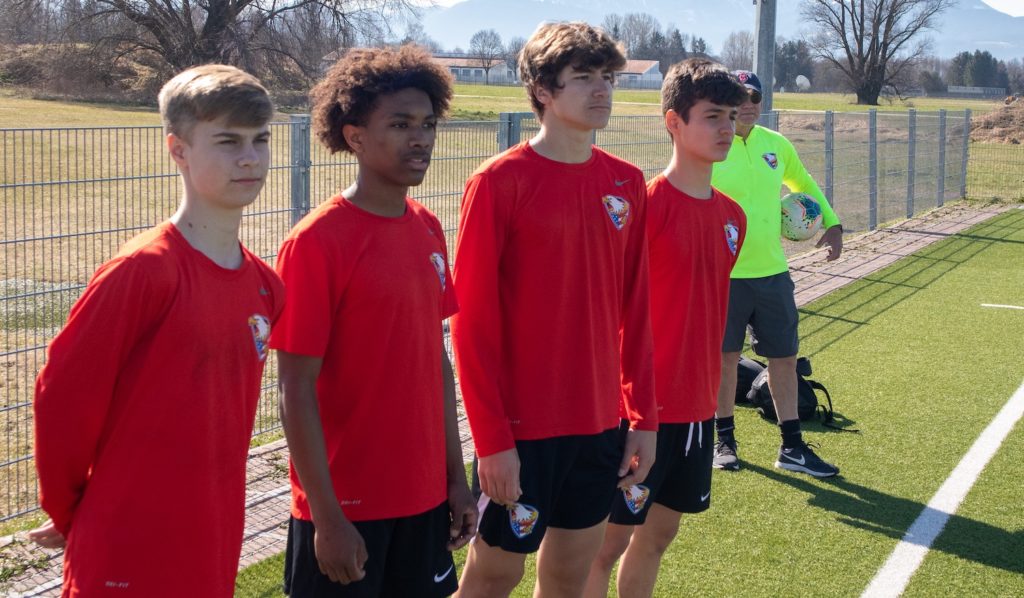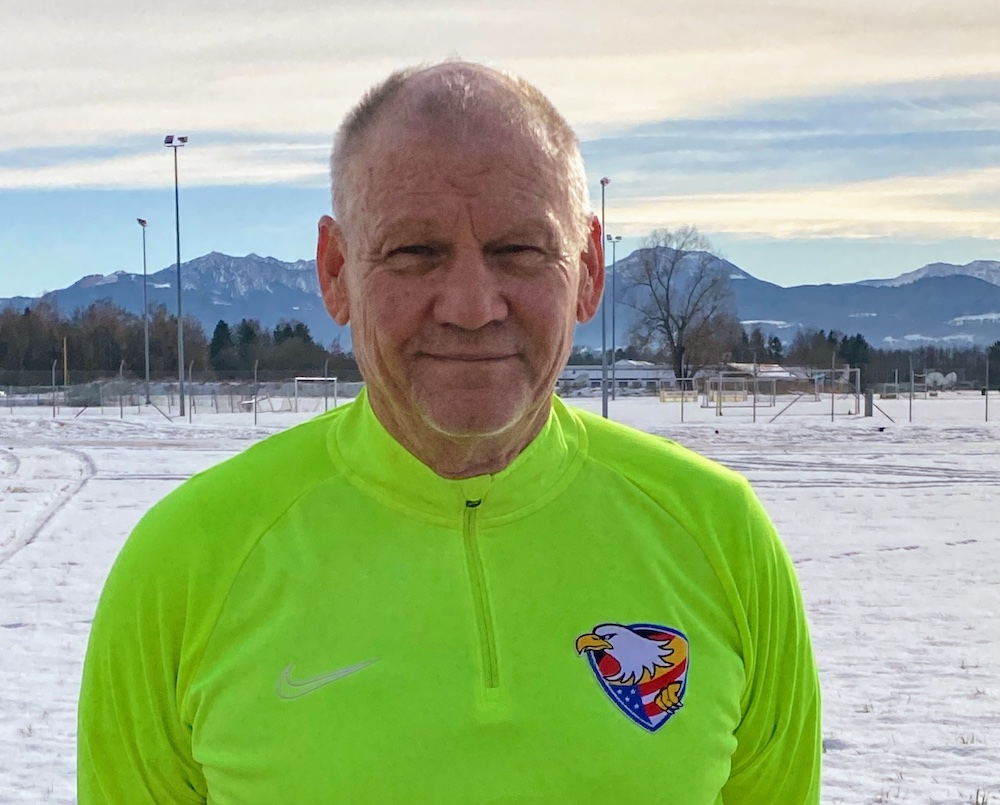D
Diane Scavuzzo
Guest
American Youth Transform From Whispering Talent Into Strong Playmakers in Europe
A special editorial by Mark Dillon, founder of the Talentprojekt.
In August 2019, the Talentprojekt launched in Dusseldorf, Germany with 20 young American players born in 2004. They were all specially vetted and selected to spend a year of complete immersion into Bundesliga professional development protocols, as well as German language and culture. While they all arrived technically competent, well coached from good clubs, and with high levels of intelligence and character; none of them exhibited that look of a can’t miss, straight to the top shouting talent. They had what we call whispering talent. The term refers to players that are otherwise talented, but often missed or overlooked because;
- Their talent is not recognized;
- Their talent is not yet fully developed;
- They have not yet caught up physically with other players their age;
- They have not had the advantages of the level of coaching and environment that other high performers have had.
The Talentprojekt mission was to prove that American kids, when given the same advantages as their European counterparts, their true potential emerges and they can close the gap that separates them. Before we reveal what the Talentprojekt demonstrated, let’s take a look at some of the reasons why our kids might be whispering their arrival into Europe instead of shouting it.

In our (US) hyper-competitive sports environment, players are too often evaluated based on competitive results. The problem here is not about competition, it’s because very often in youth soccer a team can win by doing all the wrong things. This has a tendency to skew where a player may be in his professional development trajectory relative to where he needs to be.
Physically advanced players can dominate their opponents regardless of skill without the need to really learn the kinds of habits necessary to be successful down the road; their environment does not demand it. Meanwhile, less developed, but possibly more talented players can tend to be overlooked when evaluated for teams or selections and never get the chance to develop their full potential. They may end up on the back end of the roster, or on second teams with less training, less motivated players, less competition, less qualified coaching. This is equally bad for advanced players when success comes without the need to be at 100%. In both instances, it’s lost time that can’t be recovered.
What separates our young players from their European counterparts when they arrive?
To be fair, very often our guys are equal or nearly equal on technical levels.
The difference is often speed of decision and execution. Our guys are athletic and have the kind of mentality that brings something different to the field. Coaches in Germany appreciate the positive attitudes that the American boys bring along with their willingness to learn. The gap our guys have to close is in the nuances of the game. They find that while training is very intense, it is often as cognitive as it is physical.

Read: TALENTPROJEKT TRAINS TALENTED YOUTH SOCCER PLAYERS WITH BIG DREAMS
To keep up, they need to improve on their ability to be fully concentrated from first moment to last. For players on the really elite teams in the US environment, 90 minutes of focused concentration isn’t always required because too often winning comes without the need for it. This isn’t anyone’s fault, it’s just the stage we are in as a soccer nation, but it nonetheless encourages bad habits. There are some very good and enlightened coaches in the US that recognize that a player is beyond the ability of his level and will move him up to older teams, or encourage him to move to higher level programs. This is critical and irretrievable time lost.
In Europe, and Germany in particular, training and games at high levels are as much about recognizing patterns, reading and acting on visual cues, and being at the right place at the right time as it is about delivering a good pass or winning a challenge. This is why immersion into the professional development system is so important. The process of acquiring this level of nuance requires transformation, and transformation requires time, and patience. It is a process that layers upon itself session after session, week after week, month after month. It requires daily learning, making mistakes, correcting them, and understanding that every day they have to be at their best. The Europeans get this every week, and we have to play catch up. It’s like going from the freeway at rush hour onto the autobahn. Things just fly!
None of this is to marginalize the really good work being done in the US. We have some outstanding people at work and it’s clear that significant progress is underway. What we cannot replicate unfortunately is the kind of immersive environment that advanced soccer nations like Germany can provide; not yet.
Read: 16-YEAR-OLD AMERICAN SOCCER PLAYER LUCA FAVA SIGNS WITH TOP PRO GERMAN ACADEMY
What we validated through the Talentprojekt was our belief that if we give our young players the right tools and the right environment along with time and patience, extraordinary things happen. We saw this after about 3 months; technique became sharper, decisions came faster, fitness reached new levels, and we saw significant changes in body language and posture. It proved that environment becomes the catalyst for transformation, and from this transformation we are seeing hotbed of young American talent igniting in the heart of Europe.
The American boys arrived whispering their talent, but left shouting their presence.
Read: UPDATE ON LUCA FAVA – AMERICAN TEENAGE SOCCER PLAYER AT PRO GERMAN ACADEMY
The post AMERICAN YOUTH SOCCER PLAYERS IN EUROPE DEFINE WHISPERING TALENT appeared first on SoccerToday.
Continue reading...
SoccerToday News from Diane Scavuzzo
